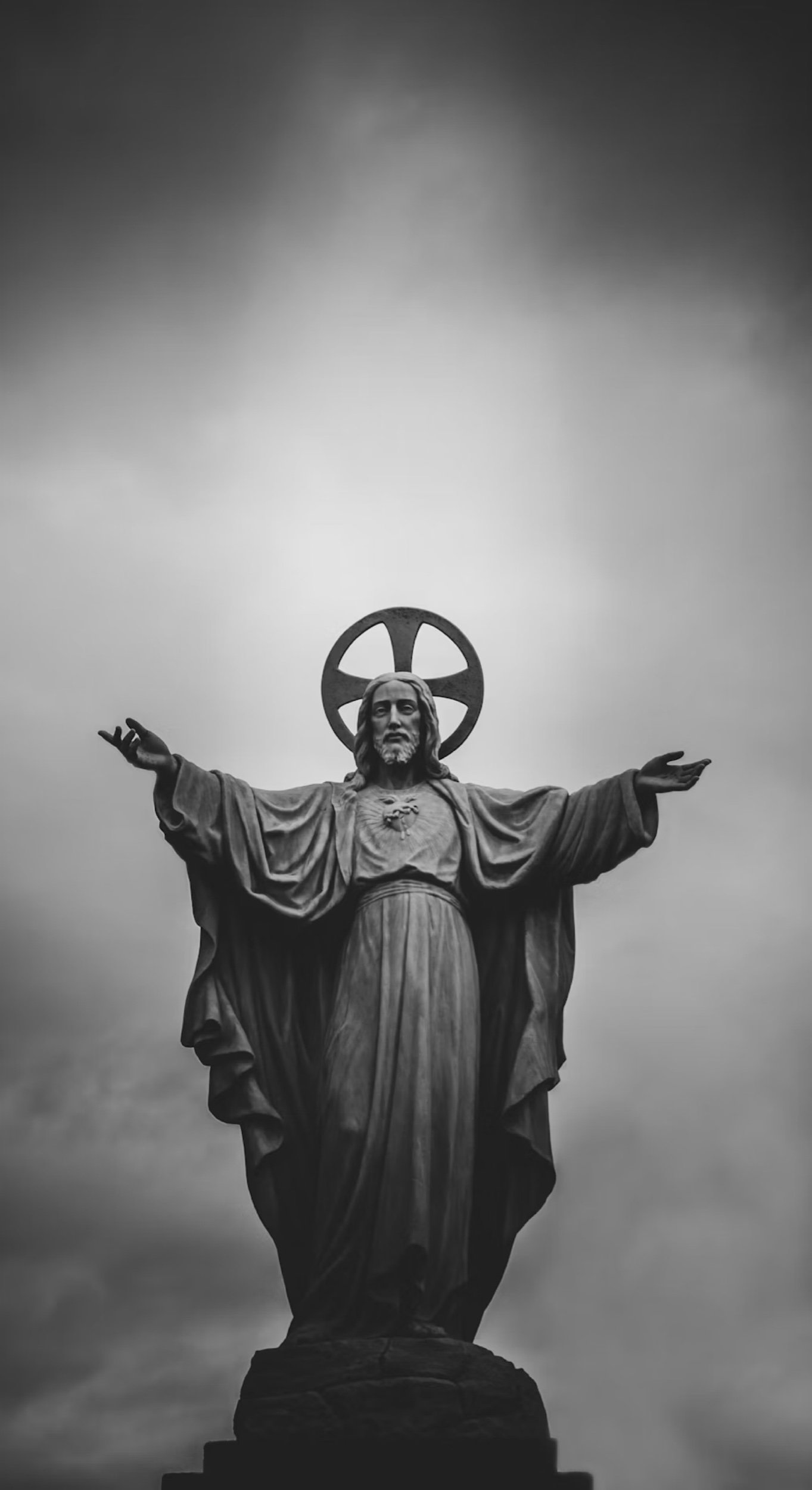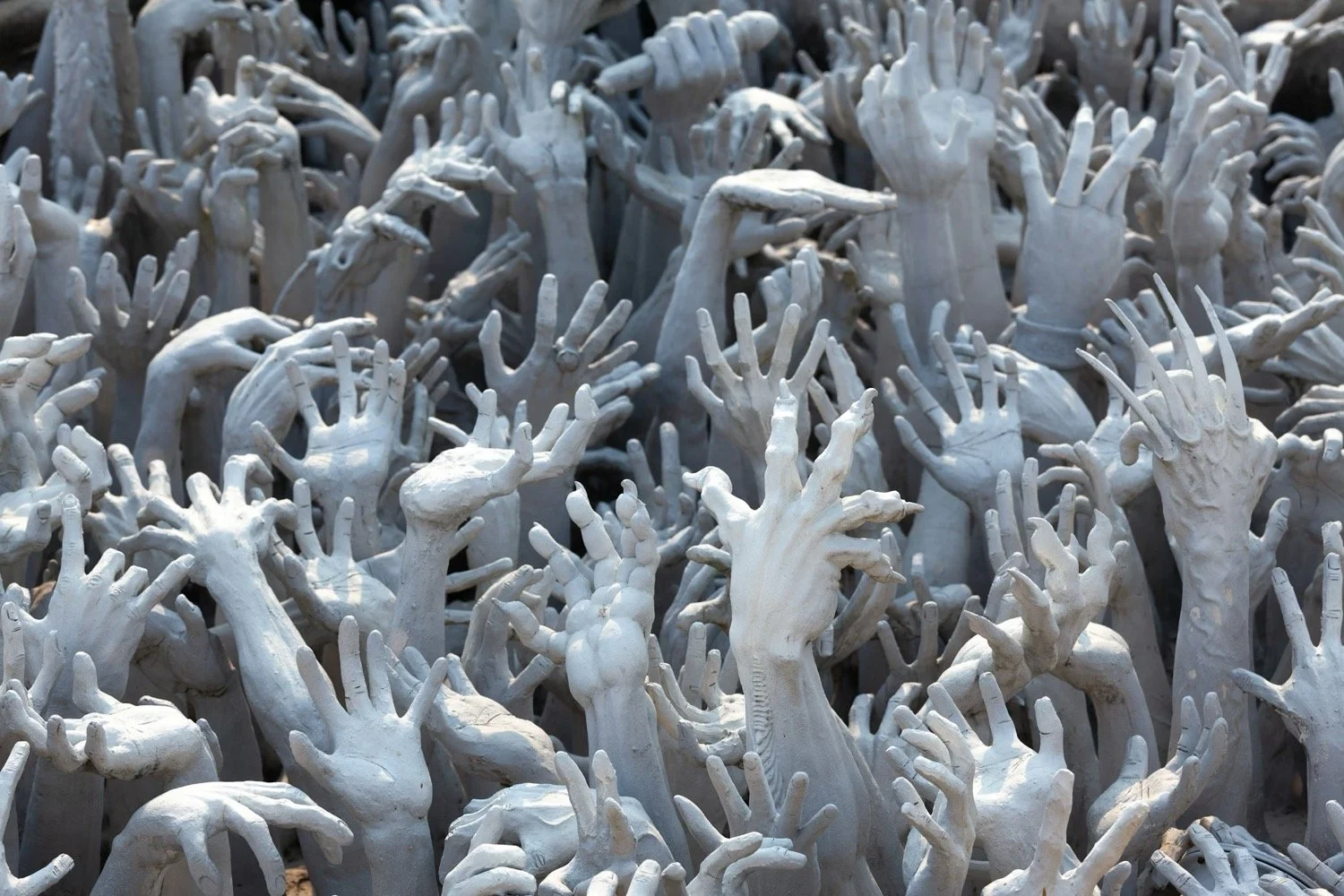Readings for today: Acts 18:19-28, 19:1-41
Baptism can be a confusing subject. The word itself, in the Greek, simply means “immersion.” It has been used in a variety of contexts over the centuries. It is used to describe what the prophet John was doing down at the Jordan river. The disciples are commanded to practice it by Jesus in the Great Commission. The early church considered it so sacred they would require people to train for up to two years in order to prepare for it. It became later became more generally known as a “sacrament” as the church grew and matured and became more organized. Infants started getting baptized early on as first generation believers wrestled over how to raise their children in the faith. In the Reformation, the nature of the sacrament of baptism was challenged on many different levels. Some affirmed infant baptism but differentiated it from salvation. Others took a more radical path and invalidated infant baptism in favor of believer’s baptism only. In the modern church, baptism has become a highly individualized and emotional experience with believers often getting baptized multiple times in multiple churches over the course of their lives.
Baptism was confusing for the first century believers as well. Apollos, a great evangelist, was confused about it. He taught the baptism of John until he was corrected by Priscilla and Aquila. Paul met believers who held to the same false belief about baptism in Ephesus. He baptized them in the name of the Lord Jesus and they received the Holy Spirit. So what’s the big deal? And what’s the difference? As the Apostle Paul says, “John baptized with a baptism of repentance.” (Acts 19:4 CSB) In other words, John’s baptism was not the same baptism Jesus would later command His disciples to perform. It wasn’t done in the name of the Father, Son, and Holy Spirit and it wasn’t accompanied by the gift of the Holy Spirit. It was what was known in the Jewish tradition as a “mikveh.” A ritual washing or bath used for spiritual purification. John was calling worshippers down from the Temple in Jerusalem to repent of their sins and, as a symbol of their repentance, immerse themselves in the Jordan River.
Jesus was talking about something much more profound and different. Jesus was talking about being baptized with the Holy Spirit. The water becoming an outward sign of an inward grace. A grace given freely by God to those who would believe. Those who place their faith in Jesus Christ as Lord and Savior are baptized in the name of the Triune God and become indwelt by Him. They are transformed from an earthly degree of glory to a heavenly one. They literally become a new creation. This is not something any human can perform or achieve on their own. It is the gift of God so that no one may boast. This is why the sacrament of baptism should not be performed multiple times. To do so makes a mockery of God’s power in a person’s life. At the same time, it is fully appropriate to return back to the water to signify significant periods of repentance in a person’s life. When we do so, we are reminded once again of the power of our baptism to wash away all our sins.
Readings for tomorrow: 1 Corinthians 1-4




